Dear friends,
The concept of ‘Ubuntu’ reminds us that, on our shared planet, we are all connected. Tragedy must be met with solidarity. Injustice must be met with action.
Our recently published 2021 Annual Review shows what The Elders did last year to put these principles into action, including at COP26, our State of Hope virtual gatherings and our engagement with the United Nations Security Council.
2022 has started badly for global justice. But the solidarity the world is showing for the people of Ukraine in inspiring. Since President Putin launched his invasion, tremendous human suffering has ensued.
Over 4 million Ukrainian civilians have fled their country and we are now beginning to see an impact on food and fuel prices across the world, with potentially devastating consequences for some poorer countries. My fellow Elders and I continue to condemn the appalling violence, to stand with the people of Ukraine and to express concern about the wider impacts of the war elsewhere in the world.
The opening of an investigation by the International Criminal Court (ICC) into alleged war crimes, crimes against humanity, and genocide, was welcome news. However, The Elders also believe that a tribunal is required to investigate the alleged crime of aggression in Ukraine, which is not covered by the ICC’s Ukraine mandate. This would challenge impunity, hold President Putin to account for his actions and help deliver justice for the victims of this terrible war.
Challenging impunity and speaking out against injustice were guiding principles of our founder, Nelson Mandela. These values have also driven my life’s work and, while I am energised by the hard-won victories of human rights defenders and campaigners, there is much further to go.
I was honoured to join Mary Robinson, friends and experts from the justice sector and equality movements at The Elders’ State of Hope Gathering on ‘Access to Justice for Women and Girls’ on 1 March. Together, we explored the steps still needed to build a world where women and girls have equal access to justice, as well as the action that must be taken to reduce the systemic discrimination they face.
Leaders and nations should expand their concept of access to justice to see social justice – including equal economic, political and social rights and opportunities – as equally important as legal justice. Only then will we reach a time when access to justice is no longer a question, but an assured and achievable state of normality.
The concept of justice also cannot be separated from the existential threat of the climate crisis, which amplifies existing inequalities, impacts those least responsible the most, and is often felt hardest by women and girls. Mary Robinson spoke about this at the 66th Commission on the Status of Women on 17 March. She discussed why a fairer, greener future for all is important and how more gender-inclusive decision-making is needed in Africa at COP27. Indeed, women and those who bear the brunt of injustice must be represented and heard. This is the only way forward for our collective future.
Throughout my years fighting for human rights and justice both within my home country of Pakistan and around the world, I have seen the phenomenal power of civil society collaboration. We need each other, and all of us have a part to play in making the world a better, fairer, and kinder place.
While creating change is seldom easy, I find that taking action and coming together with others in community brings hope. As Nelson Mandela once said, “It always seems impossible until it’s done,” and the Elders retain our Founder’s lasting optimism that a more peaceful and just future for all is one day possible.
With thanks for your ongoing support,
Hina Jilani
04/04/2022


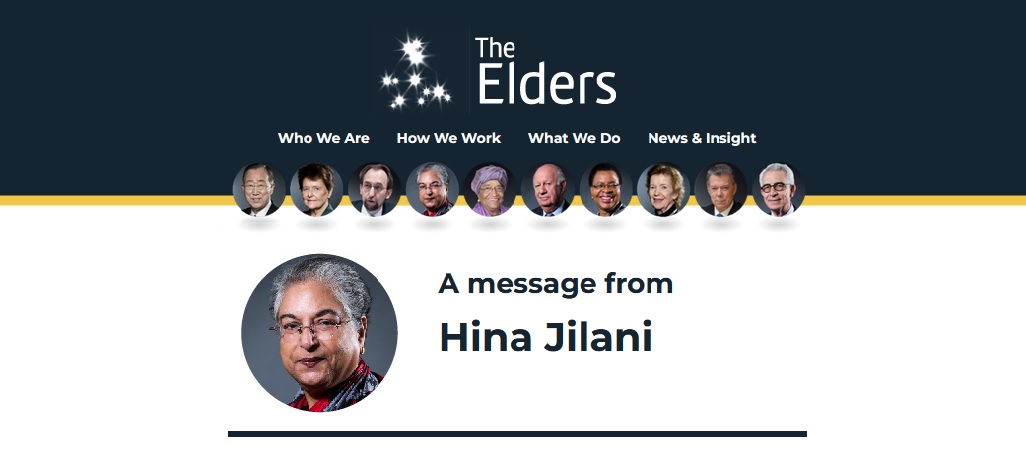
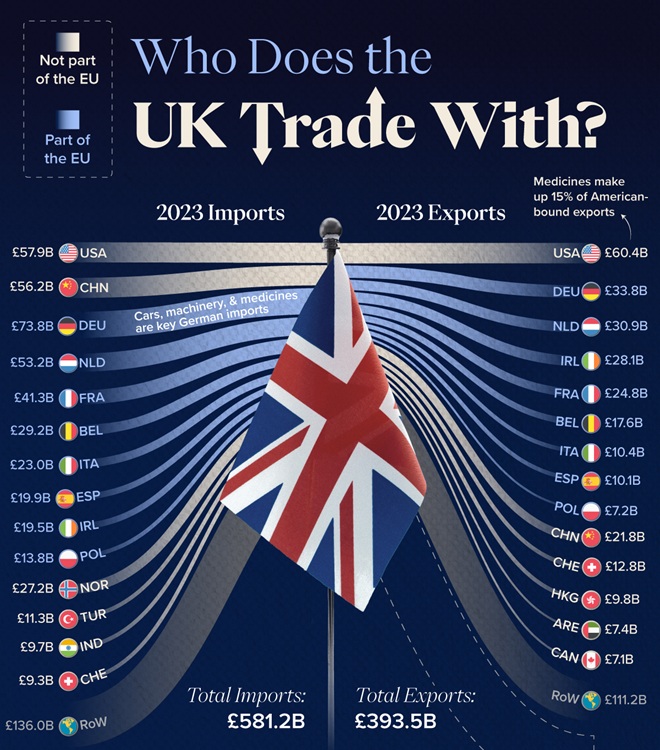
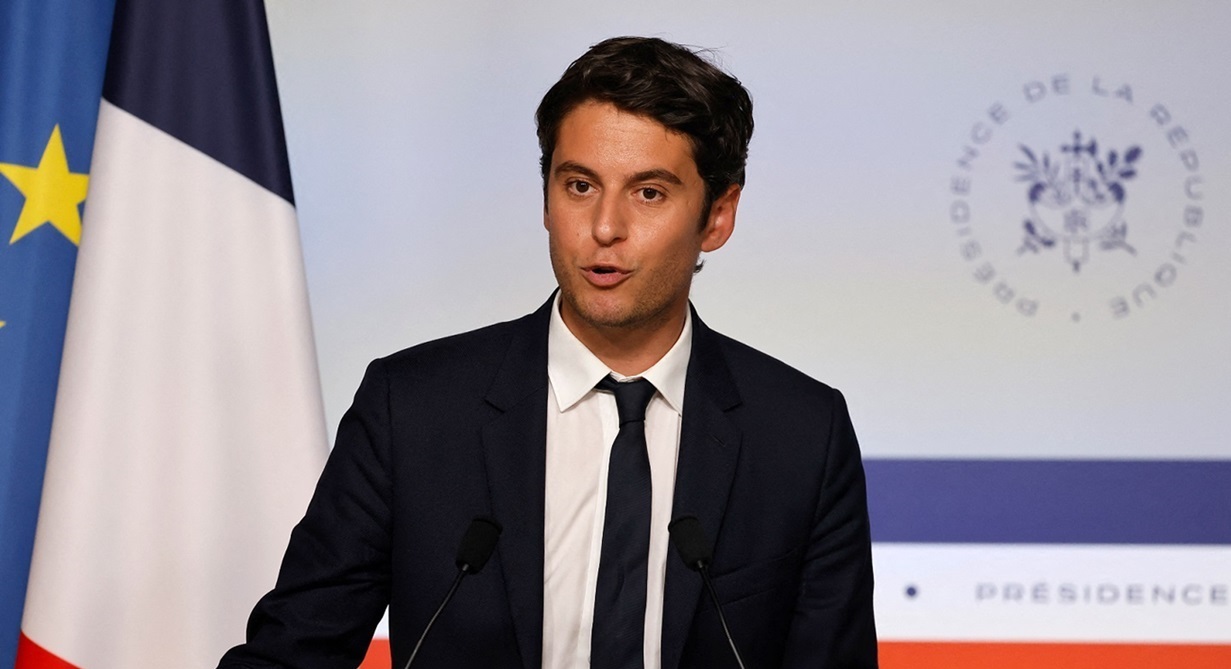
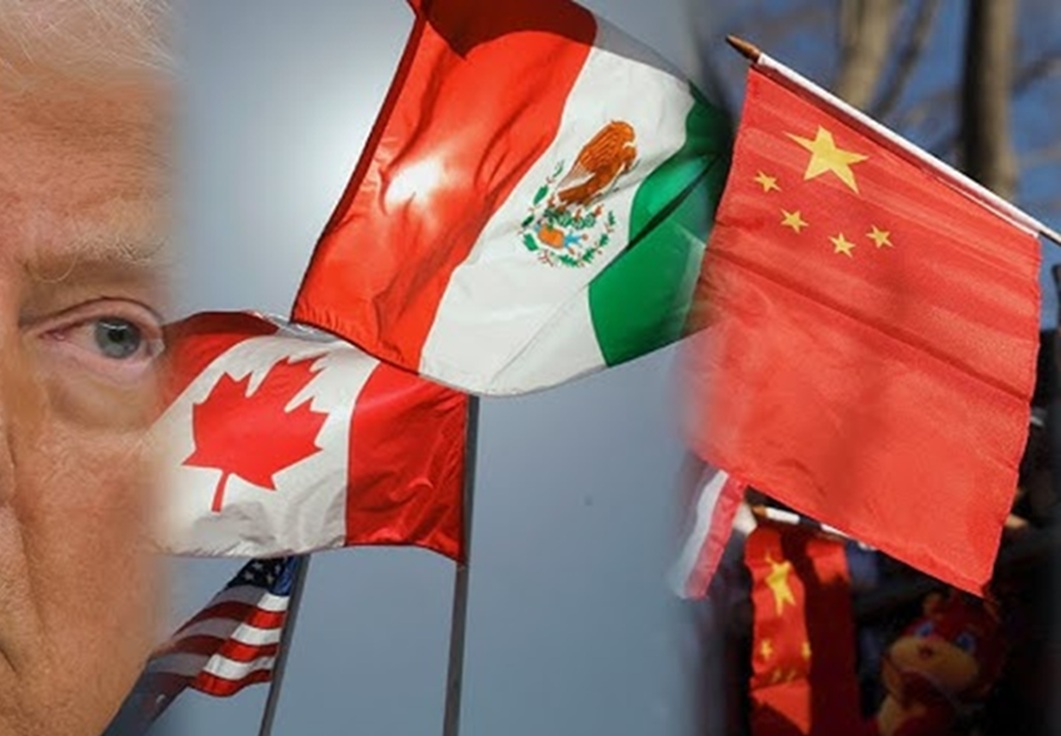


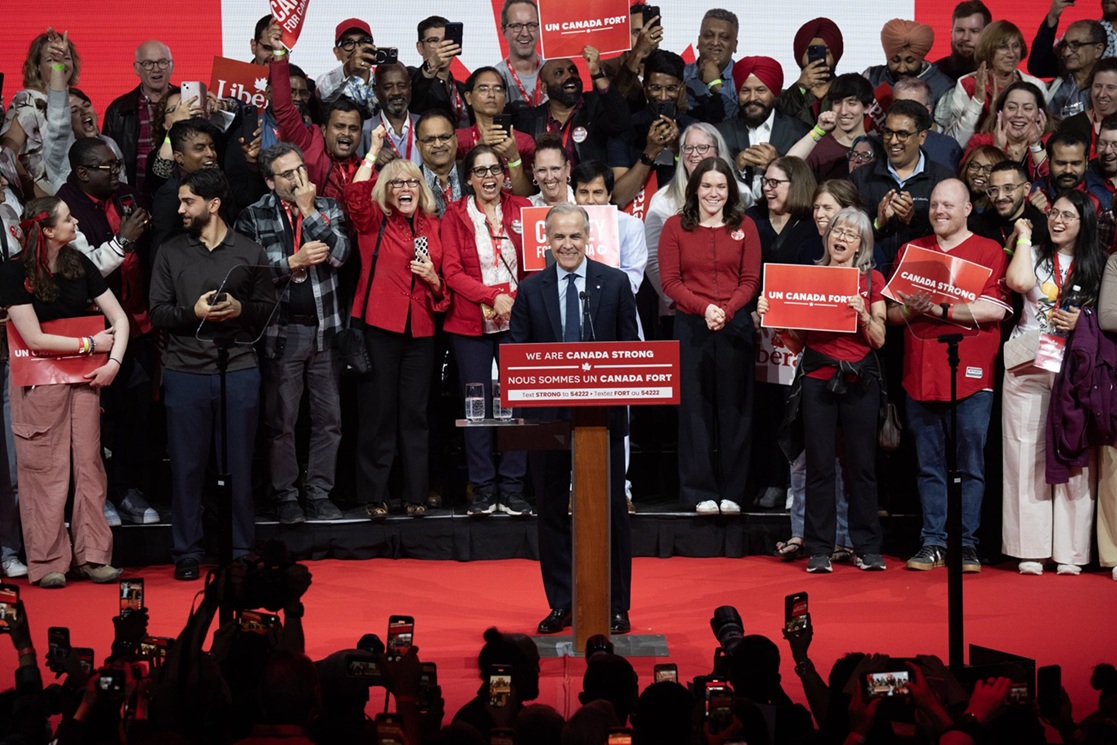
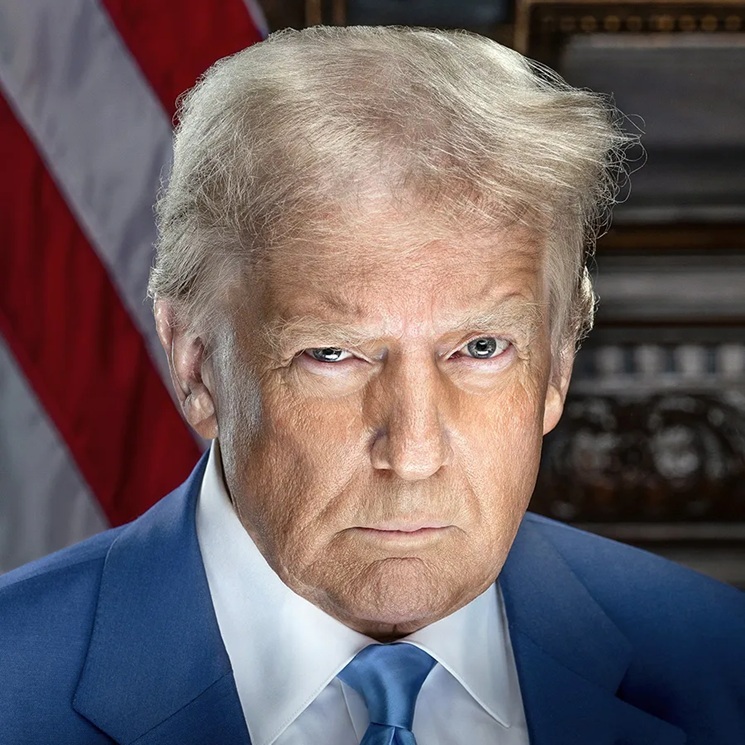
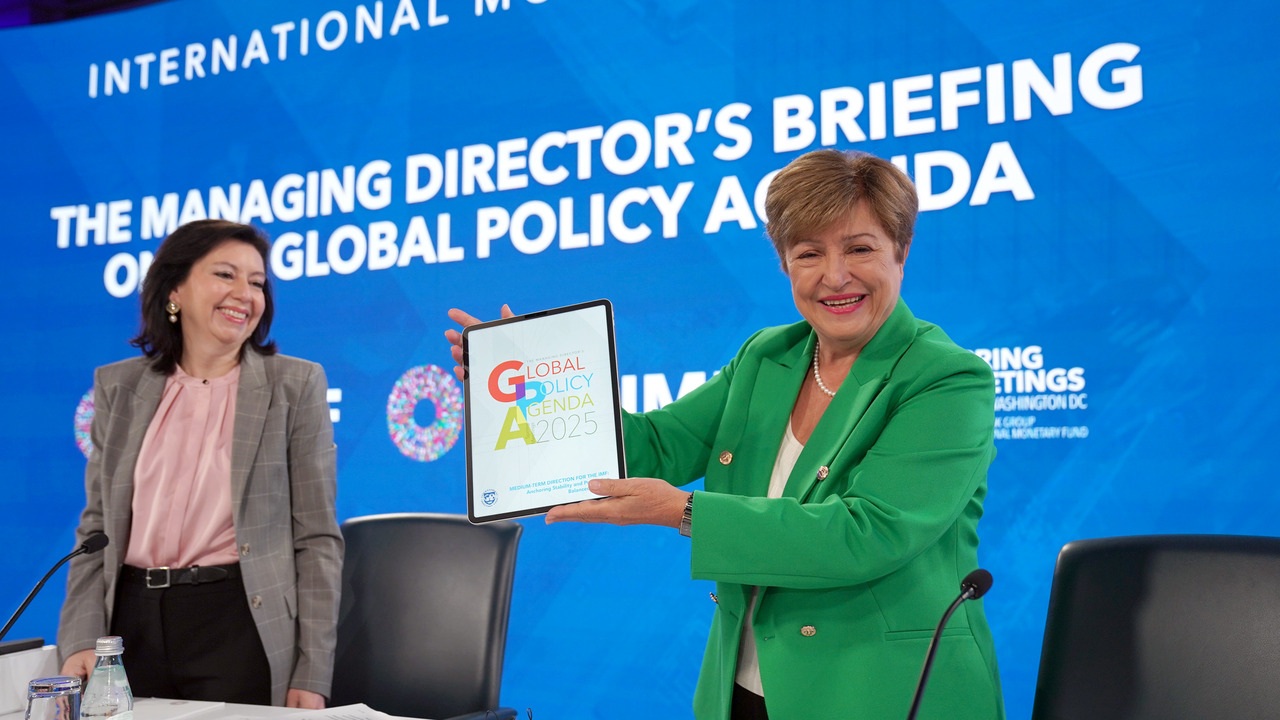
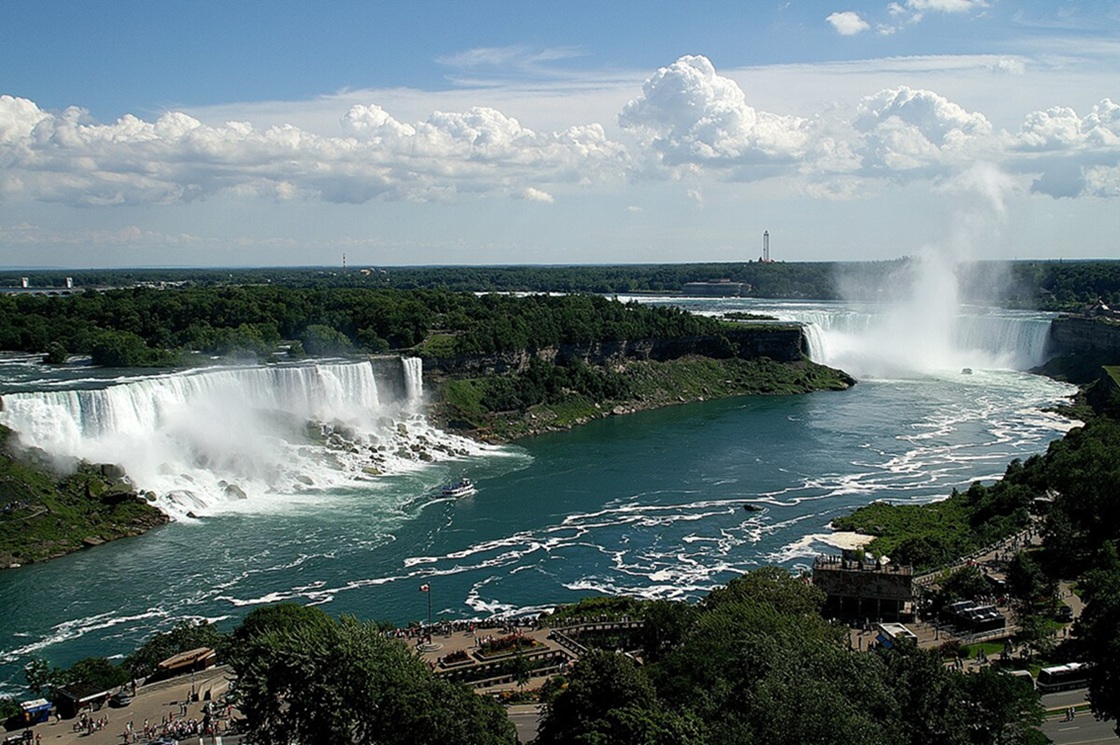


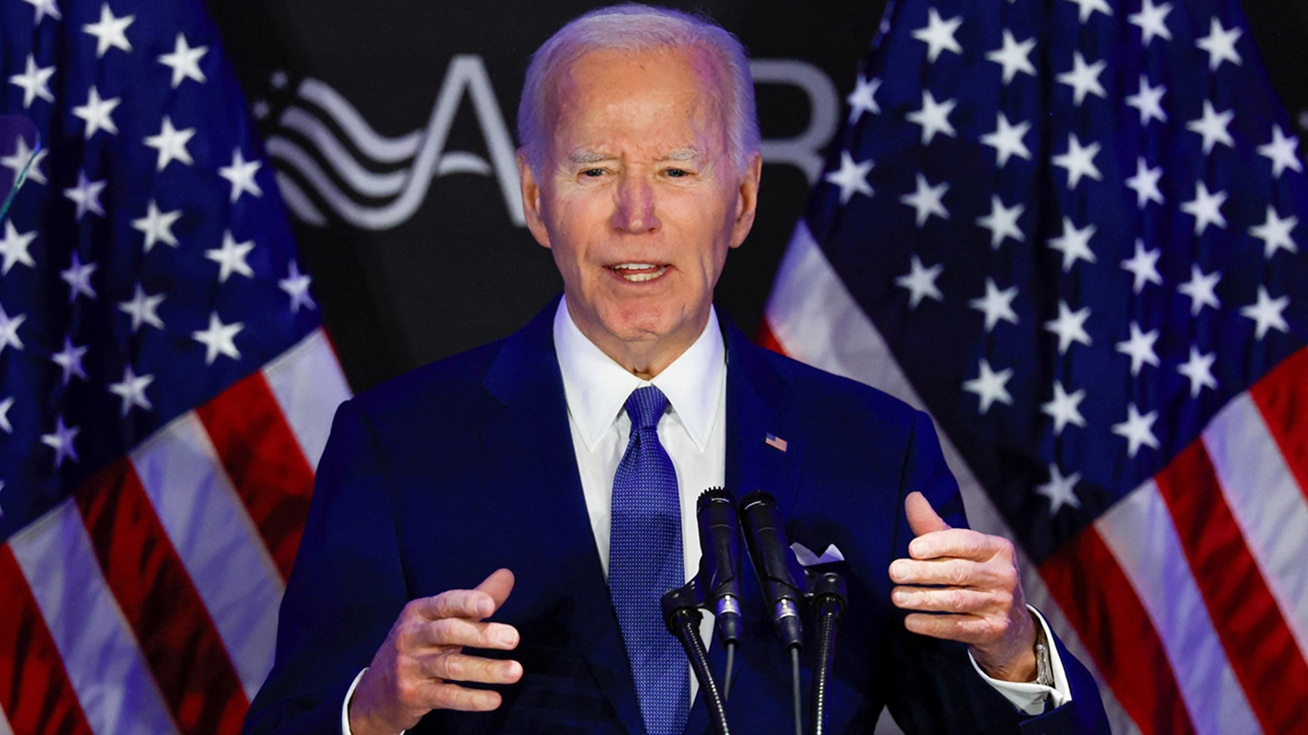
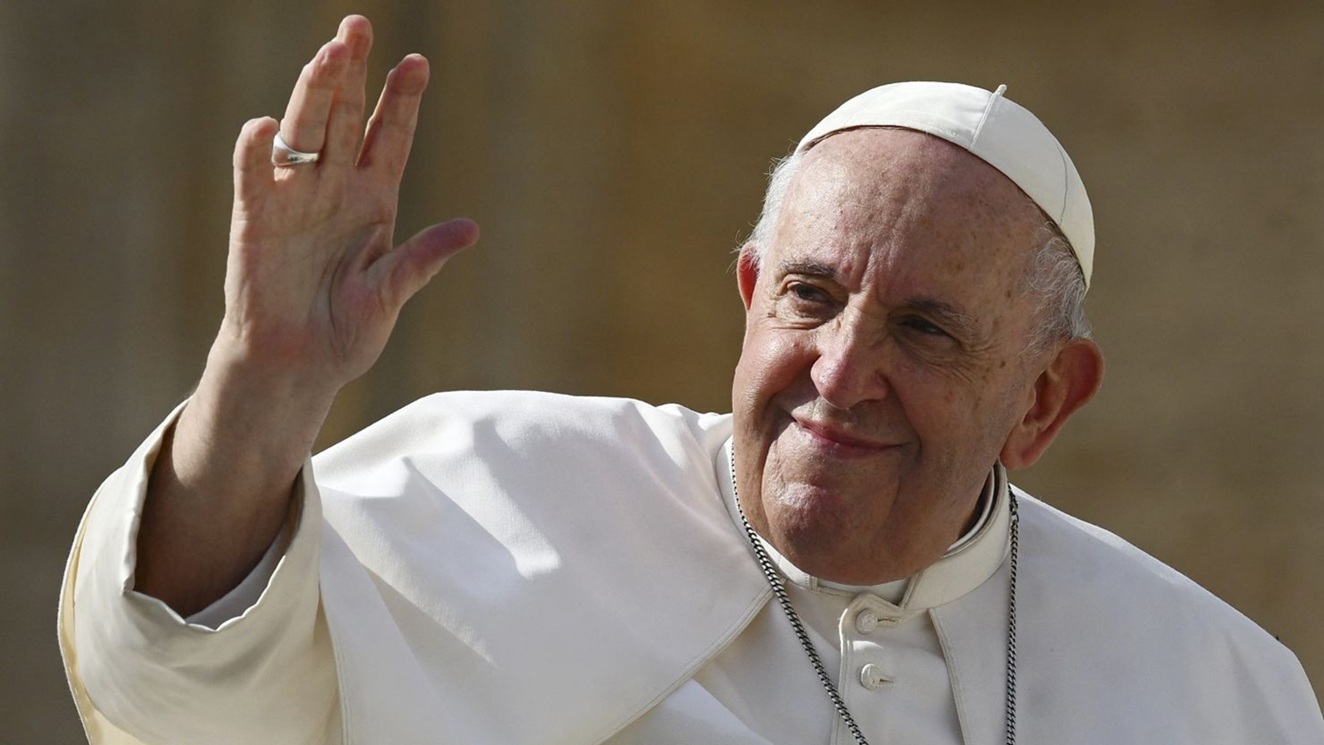
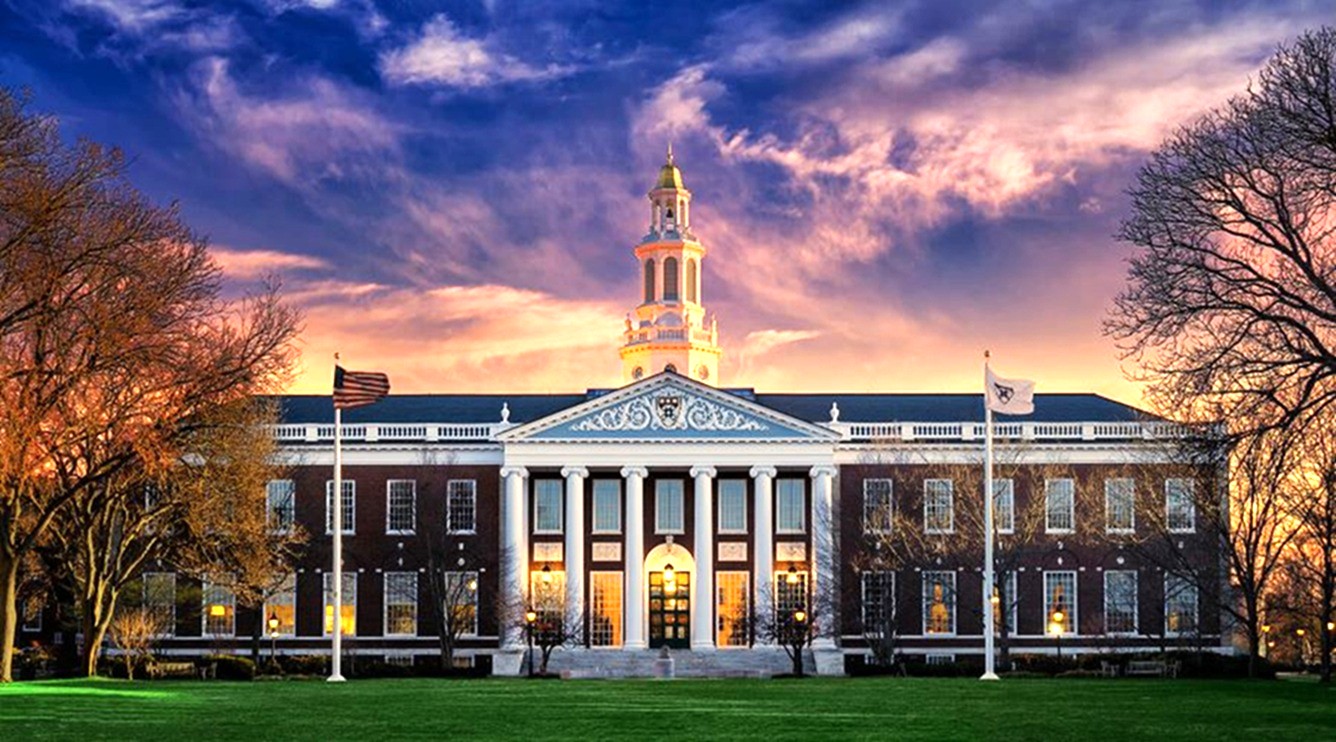
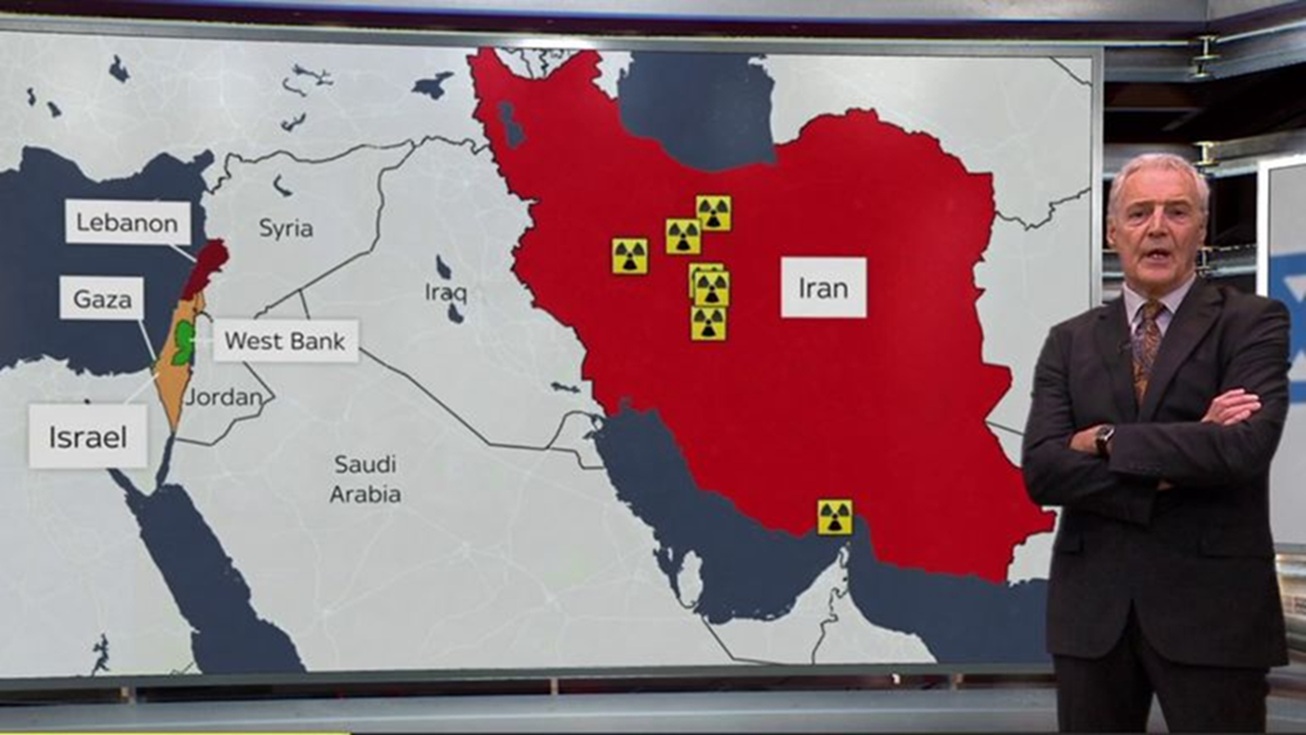
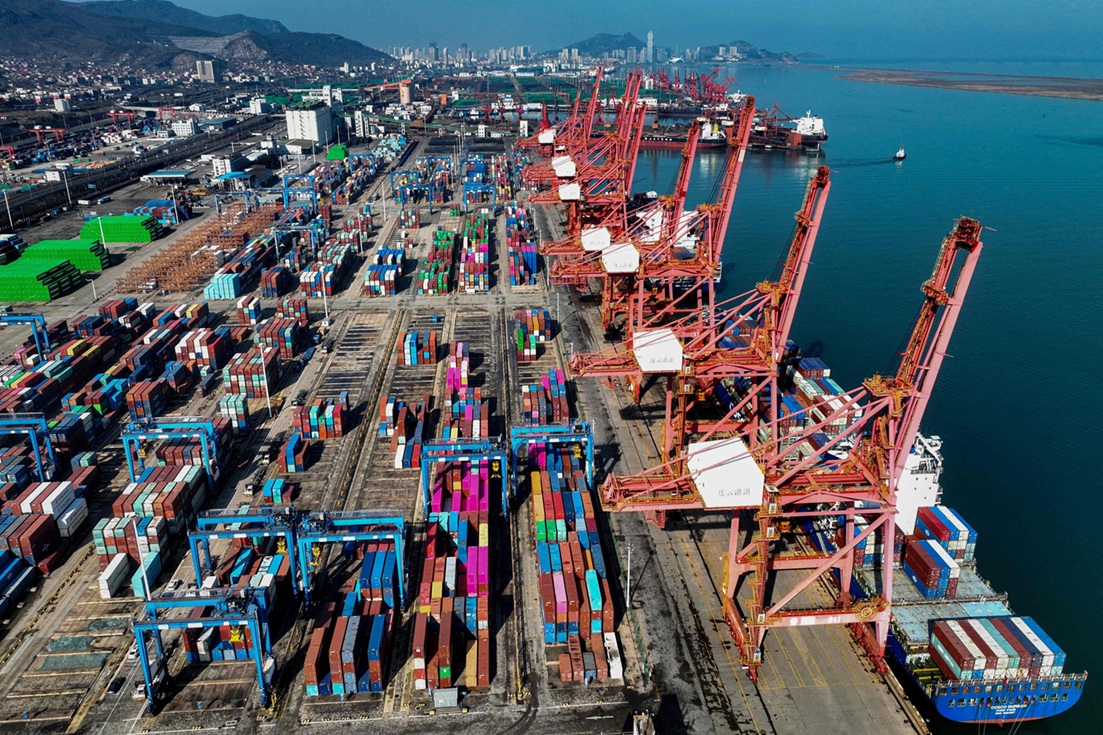
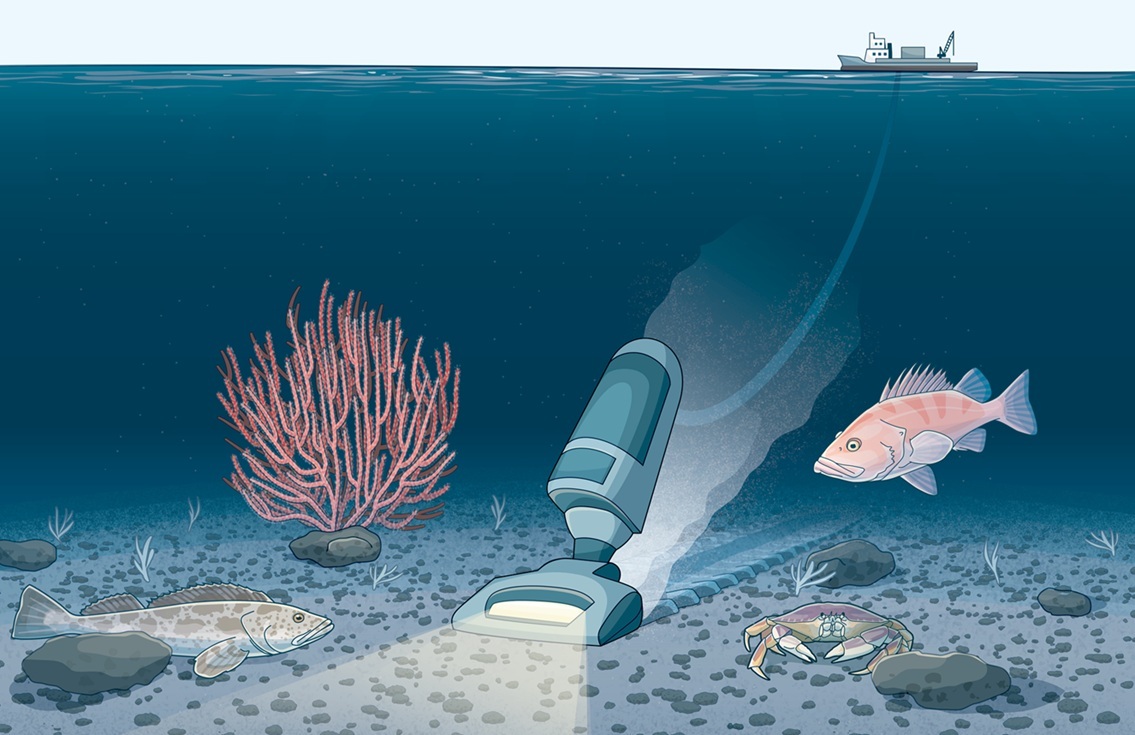
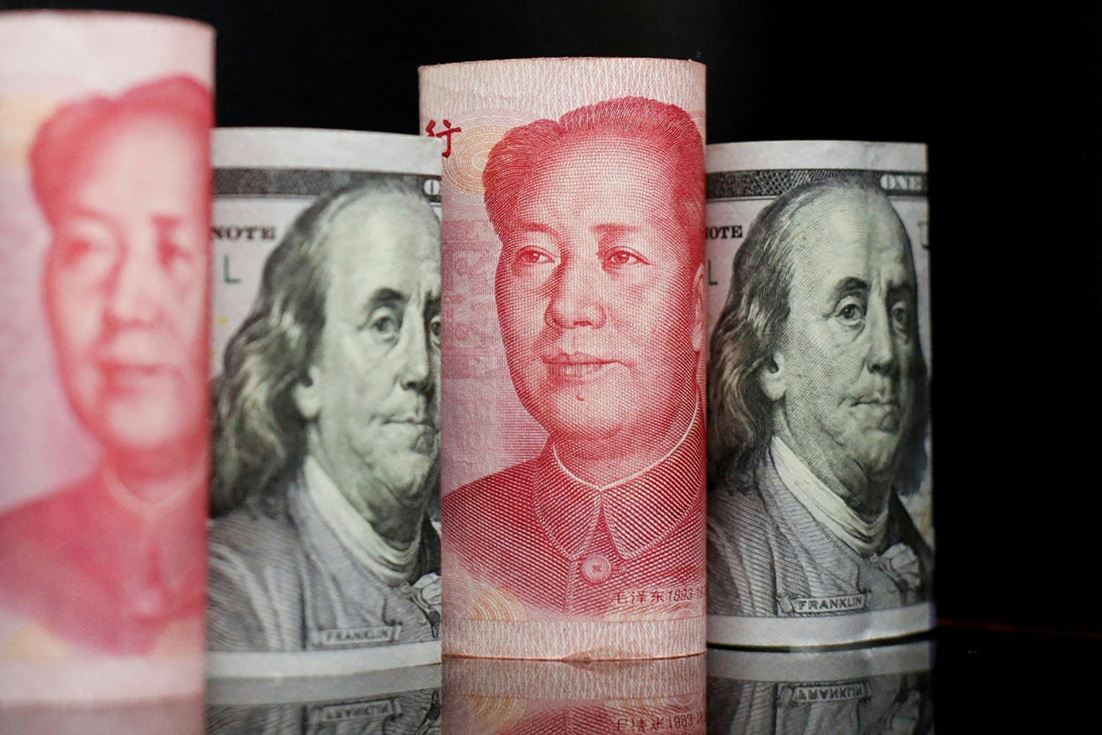
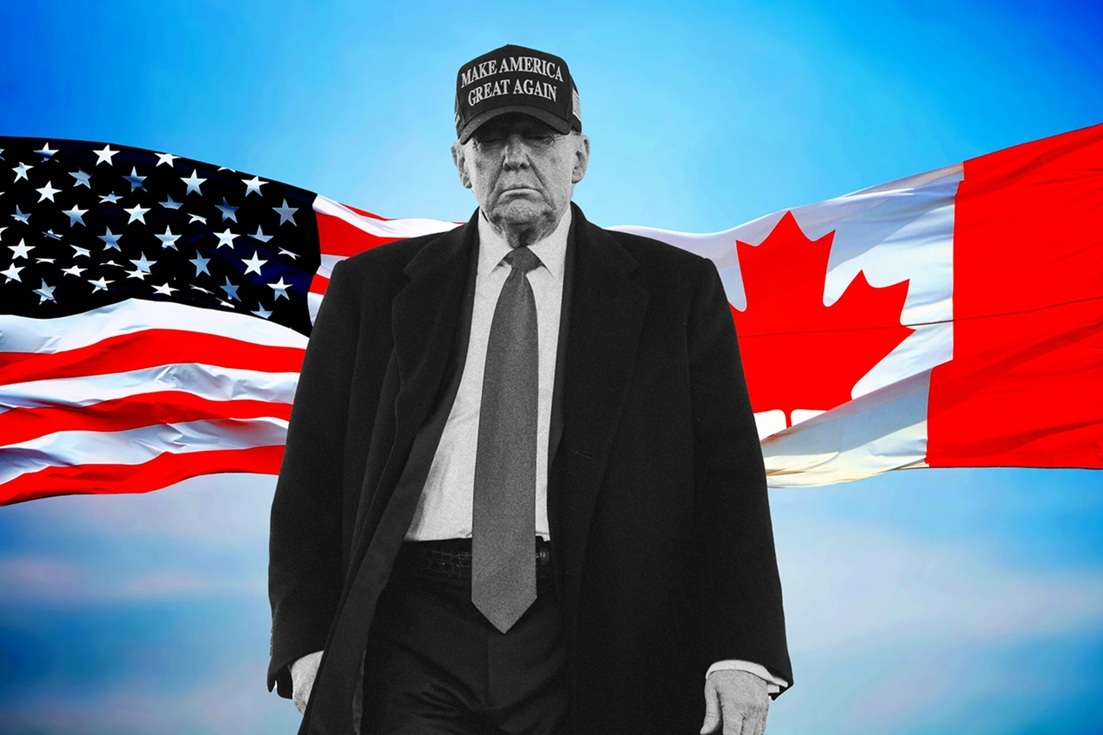
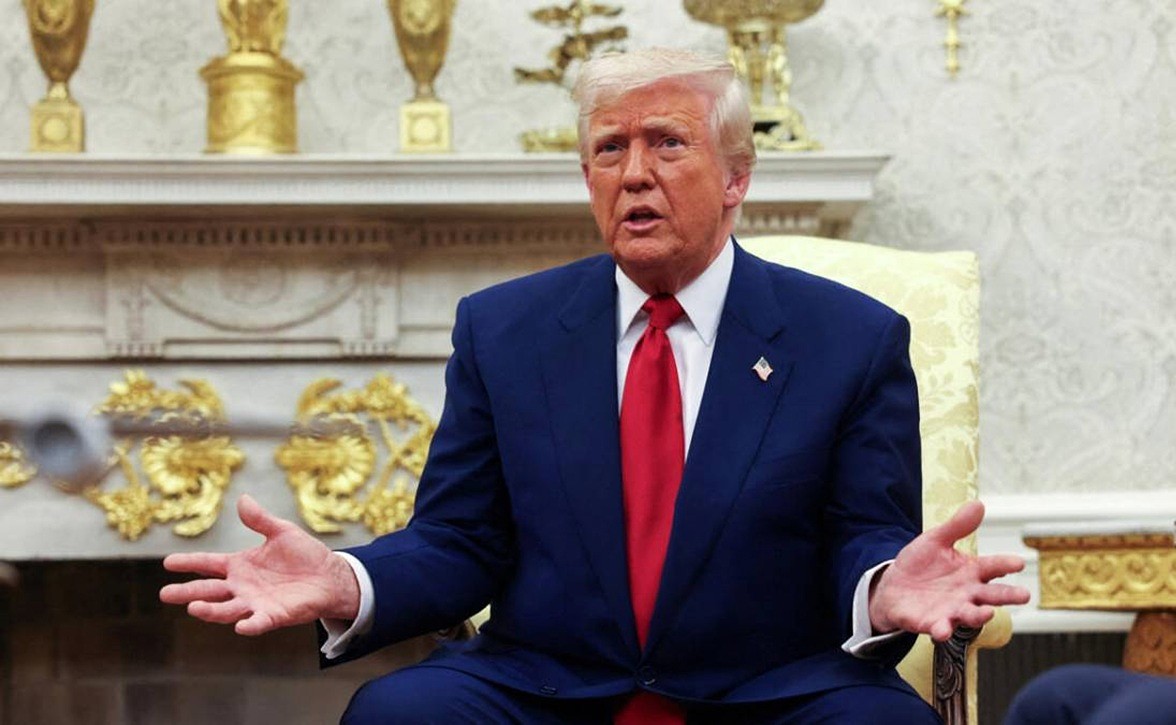
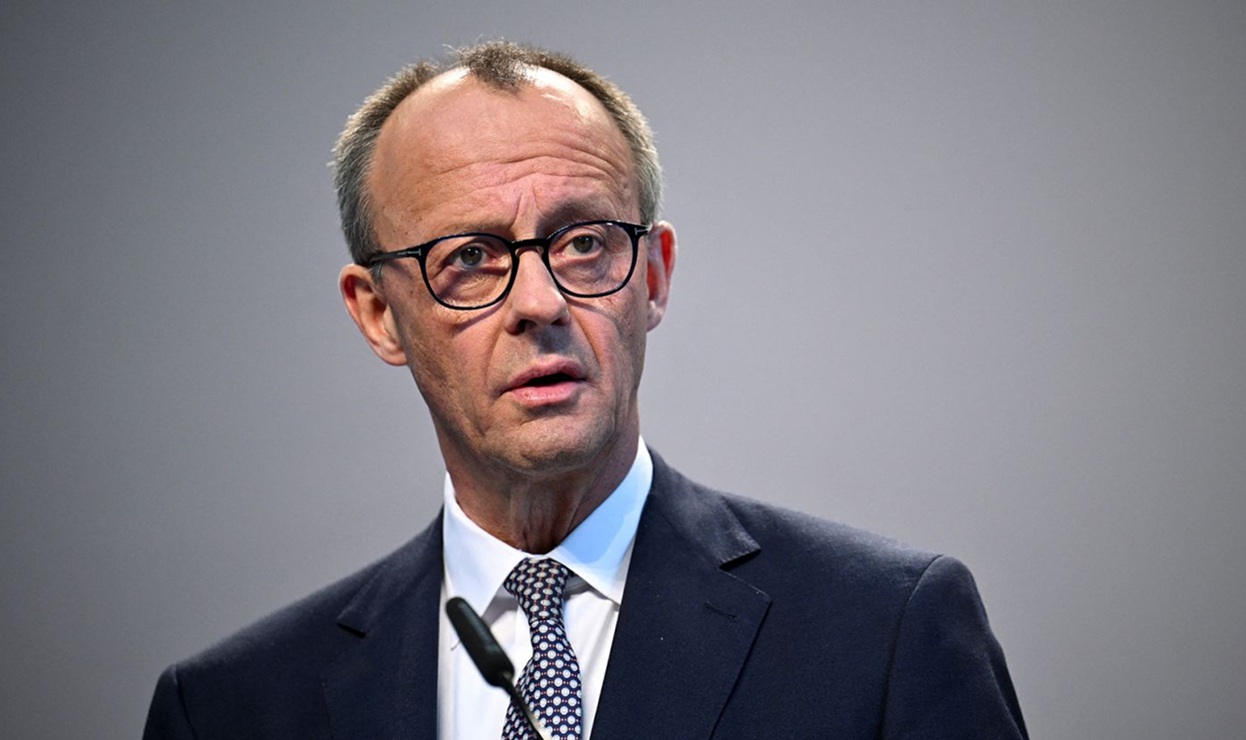

great points altogether, you just gained a brand new reader. What would you suggest in regards to your post that you made some days ago? Any positive?
Very nice article you written. I will be sure to share with my friends.
Hi, I do believe this is an excellent website. I stumbled upon it. I will return yet again since i have book-marked it.
The highlight feature is the Virtual Reality technology
I reckon something truly special in this website.
Thanks for sharing.
I am continually exploring for web articles that can assist me.